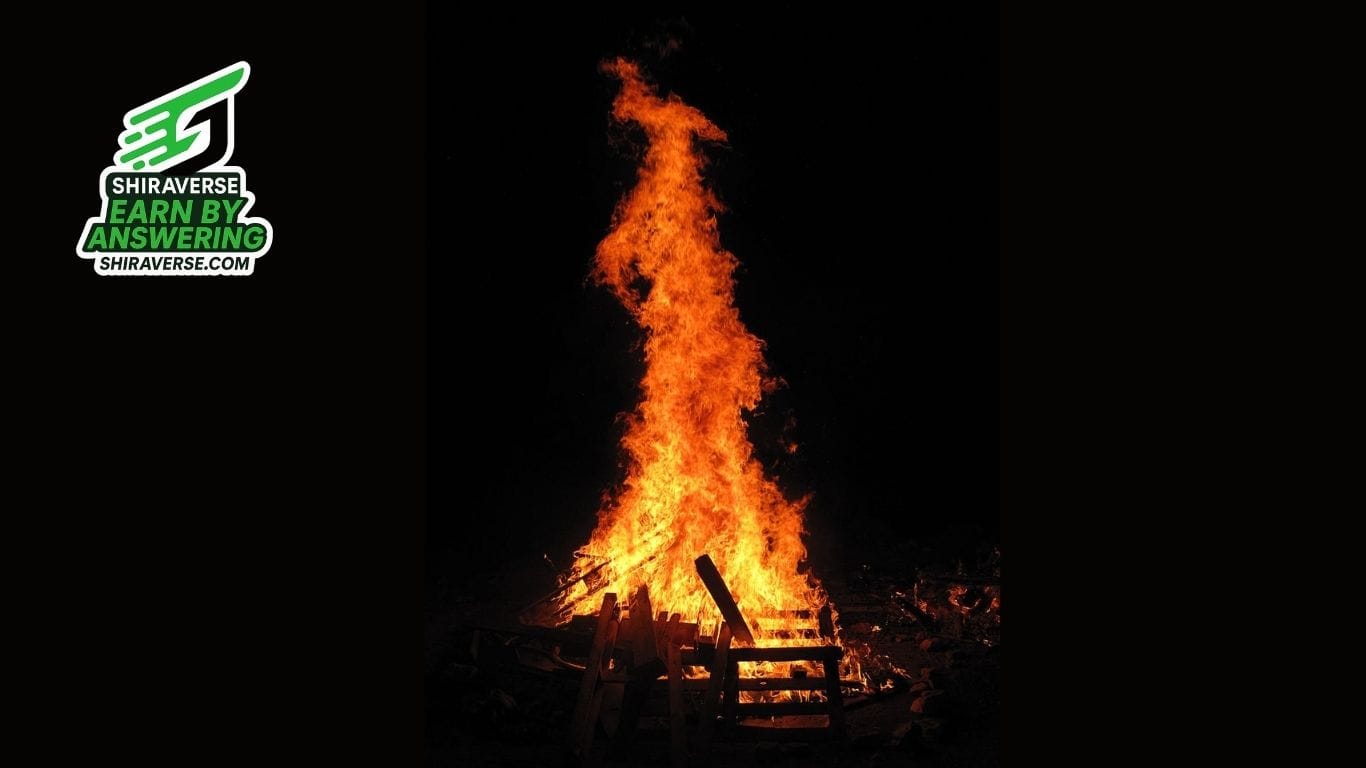Yes, shaving is permitted following Lag BaOmer in the majority of Jewish customs. Many Jewish communities observe customs of mourning during the 49-day period between Shavuot and Passover, known as the Counting of the Omer. These include avoiding music, haircuts, shaving, and weddings. On the 33rd dRead more
Yes, shaving is permitted following Lag BaOmer in the majority of Jewish customs.
Many Jewish communities observe customs of mourning during the 49-day period between Shavuot and Passover, known as the Counting of the Omer. These include avoiding music, haircuts, shaving, and weddings. On the 33rd day, Lag BaOmer, the restrictions are usually removed.
Lag BaOmer is seen as a break in the mourning period. In many Ashkenazi communities, men resume shaving and getting haircuts starting on the morning of Lag BaOmer. Some Sephardic traditions, however, wait until the next day (the 34th) or even later, depending on their local customs.
So while customs may vary slightly, in most cases, it’s permitted to shave after Lag BaOmer.
See less

Yes, regular work is permitted on Lag BaOmer. Lag BaOmer is a joyful day during the Counting of the Omer, but it is not considered a full religious holiday like Passover or Shavuot. That means there are no formal restrictions on working, using electricity, or conducting business. While some people tRead more
Yes, regular work is permitted on Lag BaOmer.
Lag BaOmer is a joyful day during the Counting of the Omer, but it is not considered a full religious holiday like Passover or Shavuot. That means there are no formal restrictions on working, using electricity, or conducting business.
While some people take the day off for celebrations—especially in Israel, where it’s common to have school trips, weddings, or community bonfires—there’s no religious requirement to refrain from work.
So while many enjoy festive activities, working on Lag BaOmer is allowed according to Jewish law.
See less